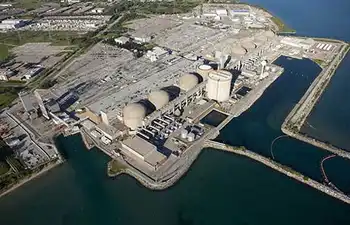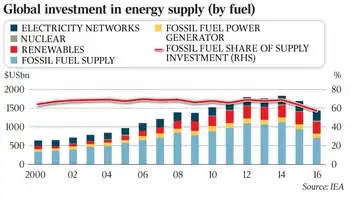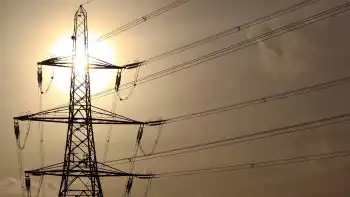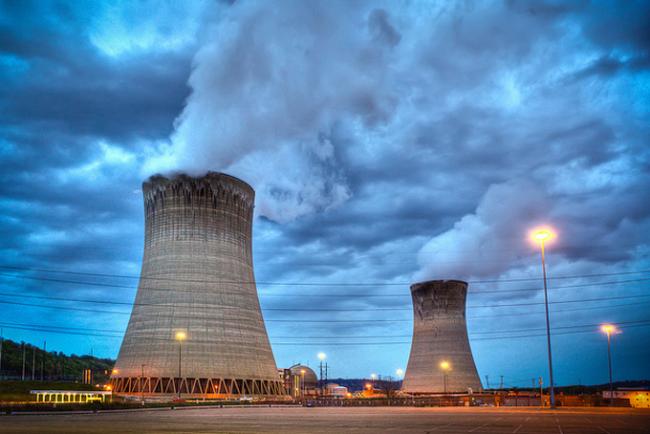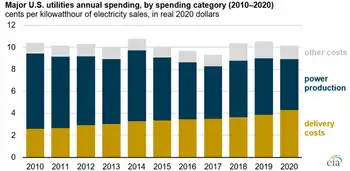Emissions action likely to drive up prices
By Calgary Herald
NFPA 70b Training - Electrical Maintenance
Our customized live online or in‑person group training can be delivered to your staff at your location.

- Live Online
- 12 hours Instructor-led
- Group Training Available
Gradual action to install new equipment and replace old plants will be needed to keep energy prices reasonable by giving industry time to achieve emissions reduction targets, said Bill Gunter, the Alberta Research Council's principal carbon capture and storage scientist.
"It's something we have to deal with - it won't go away," he told teachers and professors attending a chemistry conference in Edmonton.
Oilsands development and other industrial expansion, population growth and relying on coal-fired plants to produce more than half its electricity supply have pushed Alberta's carbon-dioxide emissions to 224 million tonnes a year. Ontario is the second leading emitter in Canada at 206 million tonnes a year.
Carbon dioxide emissions from oilsands could triple to 65,000 tonnes a day by 2015 if all current projects are built, Gunter said.
Separating carbon dioxide by adding collection equipment to existing operations would cost $30 to $50 per tonne of emissions cut while compressing greenhouse-gas waste into a form fit for shipping would be eight to 10 cents per tonne, he said.
Pipeline delivery to disposal sites is expected to cost 70 cents to $4 per tonne of compressed carbon dioxide. Another $2 to $8 a tonne would cover injections into permanent underground storage, Gunter said.
New coal-fired power stations could cut the cost of the emission reductions by building in "gasification" processes which extract clean fuel gas from coal instead of burning it as a solid, he said.
The next bitumen upgrader plants, led by the near-complete Long Lake project, could reduce emissions by replacing natural gas with fuel taken out of leftover petroleum coke and asphalt, he said.
Gunter noted that the forecast of surging electricity costs if rapid environmental cleanup is mandated by the province wasn't a precise prediction of monthly consumer bills. Retail power prices also include long-distance transmission charges, local distribution expenses and service fees.
But his expectations for electricity prices echoed warnings by Epcor Utilities president Don Lowry and TransAlta Corp. CEO Steve Snyder.
Lowry warned that there are economic risks to employing environmental policies that demand the rapid use of untried greenhouse-gas capture and storage systems.
"It's not like shooting for the moon. It's like shooting for Mars," said Lowry, who is a member of a provincial carbon capture and storage development council.





